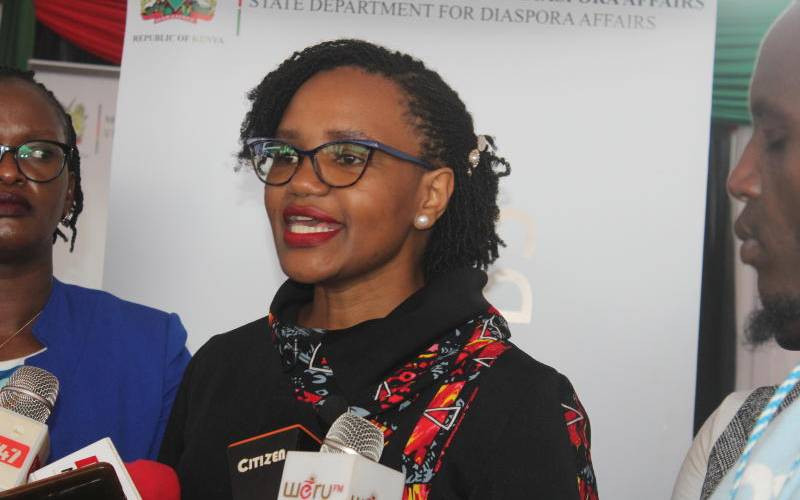×
The Standard e-Paper
Kenya’s Boldest Voice

During last week's visit to Germany, President William Ruto announced a bilateral agreement to create 250,000 job opportunities for Kenyans.
The deal is expected to open up employment in various sectors, particularly for skilled labour, helping to address Kenya's rising unemployment.







